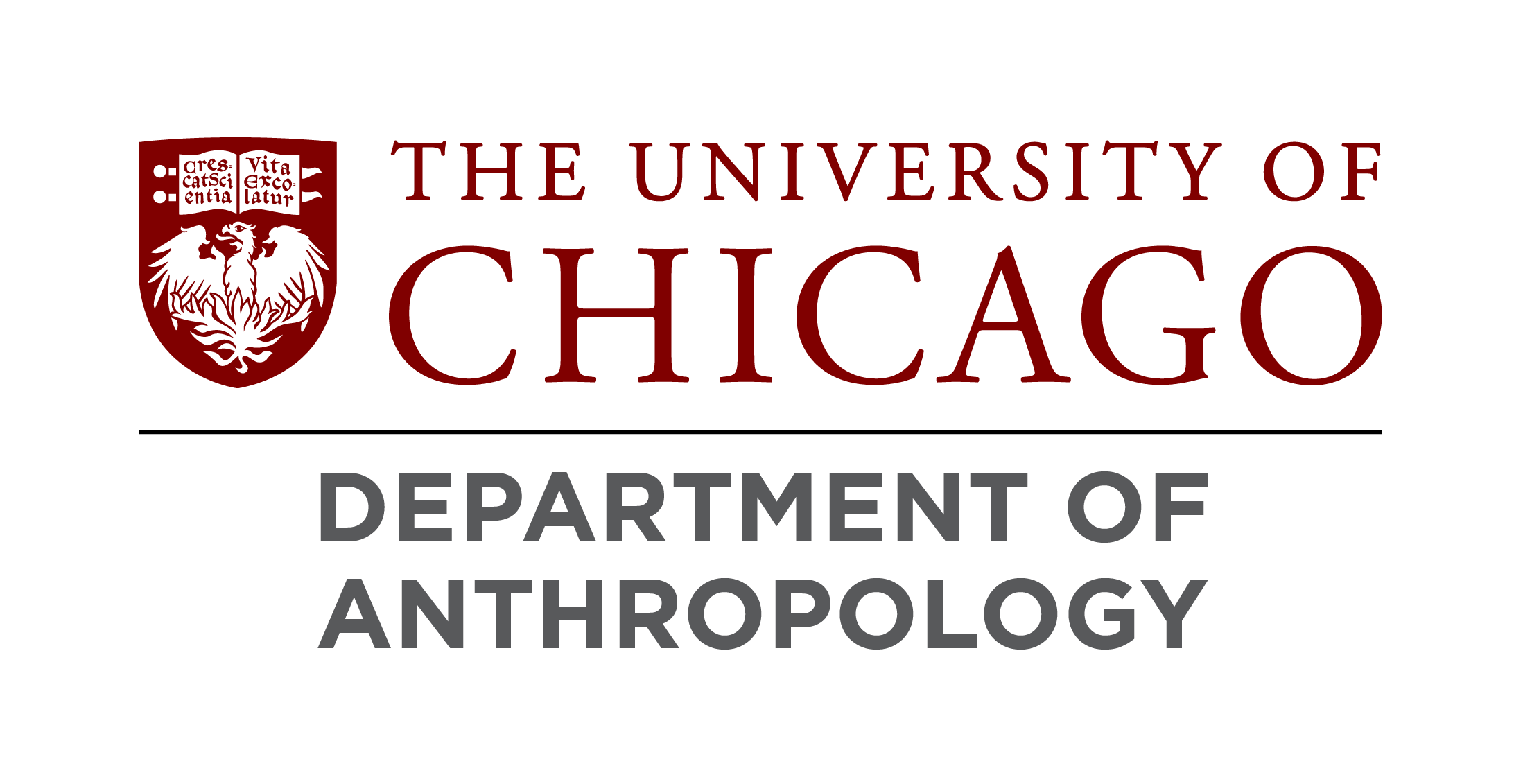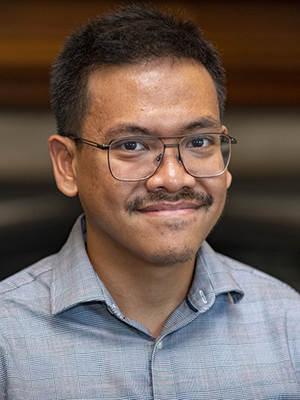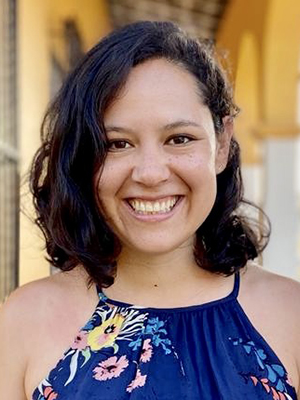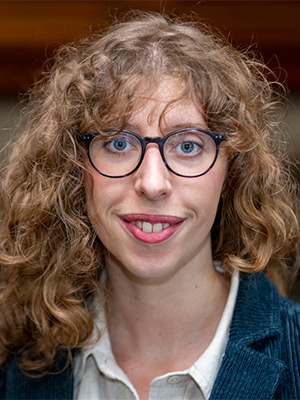Getting to Know Anthropology’s Teaching Fellows
Rafadi Hakim is a linguistic and sociocultural anthropologist whose research examines how gender, kinship, and religion emerge as relational categories through uses of language in everyday social interaction. His current book project, Togetherness: Language, Relationality, and the Politics of Exchange, is based on ethnographic fieldwork among Protestant church congregations and women’s co-operative credit associations in Kupang, eastern Indonesia. His second project, based in the United States, investigates how queer forms of kinship are enacted through storytelling practices.
Hakim received PhD and MA degrees in Anthropology from the University of Chicago and a BA in Sociology and Anthropology from Carleton College. His research has been funded by, among others, the Fulbright-Hays Doctoral Dissertation Research Abroad (DDRA) Fellowship and the Wenner-Gren Foundation.
In the 2023-24 academic year, he will offer the following courses: Introduction to Linguistic Anthropology (Winter 2024); Language, Gender, and Sexuality (Spring 2024); and parts 1 and 3 of the Self, Culture, and Society core course sequence (Fall 2023 and Spring 2024).
Agnes Mondragón-Celis is a Teaching Fellow in the Anthropology Department and the College and a Postdoctoral Affiliate at the Center for the Study of Gender and Sexuality. Her research explores the forms of knowledge production and circulation that emerge in contexts of generalized violence and opacity, analyzing how they are constitutive of political authority. Her first book project, Mediations of War: Statehood, Criminality, and the Politics of Knowledge in Mexico, explores the partial and oblique ways in which Mexico's drug war is apprehended given its ubiquitous violence and persistent murkiness. Her second project, Femininity and Drug War Violence in Mexico: The Wounded Body and the Politics of Visibility, analyzes the relation between the representation of gender-based violence and feminist political action in Mexico. She has also written about criminal charisma, infrastructure's performativity, and the semiotics of feminist protest.
Mondragón-Celis will teach Self, Culture, and Society I (Fall 2023) and Power, Identity, and Resistance III (Spring 2024).
Eléonore Rimbault is a sociocultural anthropologist working on topics related to labor, human-nonhuman relations, embodiment and memory in South India. Her research attends to the ethical questions raised by the categorization and marginalization of individuals and social groups, both human and nonhuman, and the aesthetic regimes through which social differentiation materializes in South Asia. Her current book project, The Thrill of Disappearance: Labor, Publicity, and Recollection in India’s Circus Industry, is a visual ethnography of the circus profession in India, which examines the enduring idea that the circus is disappearing in postcolonial India. Through ethnographic work with circus stakeholders, complemented by visual methodologies, she follows these transformations with an emphasis on the development of media technologies, animal rights, the social status of children, and labor conditions. She has received the Daniel F. Nugent Prize for best dissertation in historical anthropology at the University of Chicago for this project in 2023. Rimbault’s work has been featured in Public Culture, Asian Ethnology, and Anthropology Now. She also publicizes her research through visual works and translation projects.
This year, Rimbault will teach Self, Culture, and Society as part of the Social Sciences Core (Winter and Spring 2024) and the anthropology course Introduction to Anthropology (Spring 2024). The latter course will combine the survey of important themes and approaches in cultural and linguistic anthropology with experimentation with the methods that have sustained various forms of anthropological argumentation.
 THE UNIVERSITY OF CHICAGO
THE UNIVERSITY OF CHICAGO




